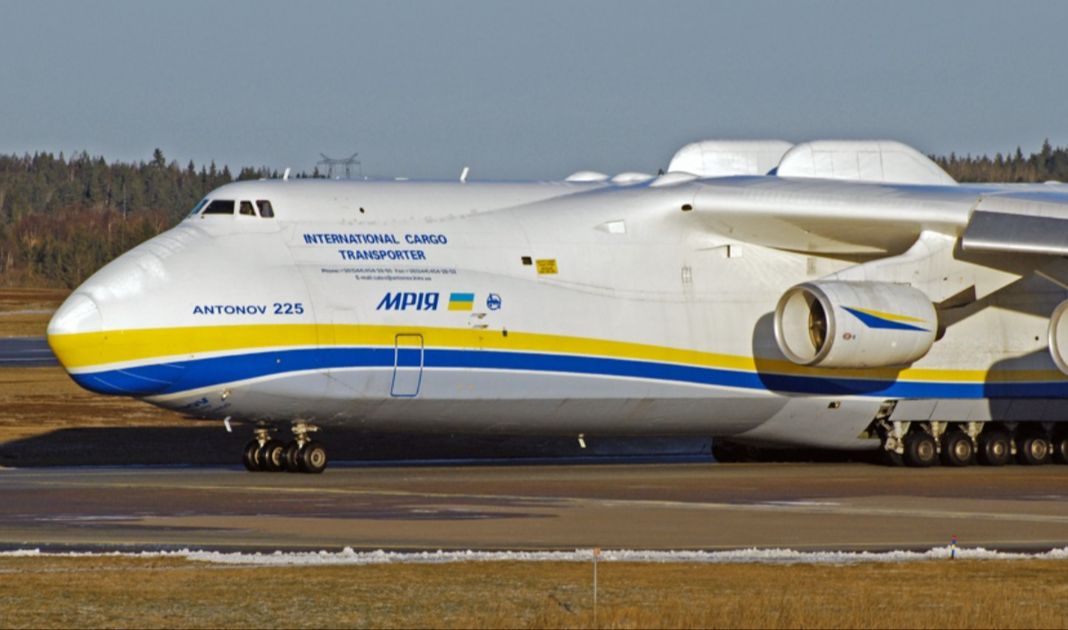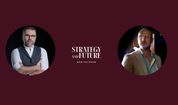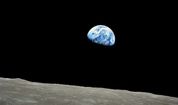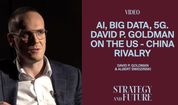Ukraine’s postmodern Presidency and the strategic importance of “nation branding”

(wikimedia.org)
The case was eloquently made back in 2016 by Peter Dickinson and Vladislav Davidzon that whilst Ukraine had long suffered from a low international profile, “no one [had] regarded [this] as a national security threat until the start of the Kremlin’s hybrid war against Ukraine.”
All that changed – they continued – when ‘little green men’ began appearing in Crimea and eastern Ukraine. It soon became clear that disinformation would play a key role in the Kremlin’s hybrid war, with Russia’s information offensive relying heavily on outside ignorance of Ukraine. Ukrainians watched in horror as the country’s complex relationship with its Tsarist and Soviet past was reduced to the tribal binary of Russian-speakers versus Ukrainian-speakers. Ukraine was depicted as a fascist junta, a Nazi dictatorship, and a failed state. These nightmarish visions gained remarkable levels of traction in the international media, largely because Ukraine was such an unknown quantity.
https://www.atlanticcouncil.org/blogs/ukrainealert/revealing-europe-s-best-kept-secret/
A lot’s changed since then, even in the last 18 months. In October 2019, the BBC amended its style guide so that the Ukrainian name Kyiv is to be used instead of the Russian name Kiev in its English-language coverage from now on (https://www.bbc.com/ukrainian/news-49999939). And this will likely catch on eventually. Indeed – despite how strange it would have seemed in the 1990s – we got used to using Mumbai, Kolkata and Chennai instead of Bombay, Calcutta and Madras.
When Volodymyr Zelensky was elected President of Ukraine in April 2019, we all thought it was rather a surreal joke for a country practically at war to be opting for a comic actor who’d come to prominence in a role playing a random guy catapulted to top office. But this Cinderella story took on another unexpected twist when an under-fire Zelensky delivered – on 31st December 2019 – what may come to be regarded as one of the greatest political speeches of our lifetimes. “Who am I?” he asked, rhetorically, on behalf of tens of millions of Ukrainians, switching confidently from Ukrainian to Crimean Tatar to Hungarian to Russian and back again:
The one who learned Ukrainian because it’s normal to know the state language? Or the one who does not want to do this? Who am I? The one who pays taxes? The one who cuts people up on the road? A dog-owner? A red head? A muslim? Hearing impaired? Hates olives? Liberal? Excellent student? Didn’t watch Game of Thrones? Sanguine? Vegan? Capricorn? Doesn’t offer his seat on the subway? Blood donor? Refuses to use plastic? It is each and everyone of us. These are Ukrainians. As they are. Not perfect, and not saints. Because we’re only human. We each have our flaws and our quirks (‘cockroaches’). But our passport doesn’t indicate “right” or “wrong” Ukrainian … it says “Citizen of Ukraine,” who has rights and obligations. We are all very different.
Al Jazeera’s Leonid Ragozin followed this up with the headline “How Ukraine’s Zelenskyy is winning hearts and minds in Russia” (https://www.aljazeera.com/indepth/opinion/ukraine-zelensky-winning-hearts-minds-russia-200112151615079.html) whilst the Washington Post’s Jackson Diehl reported “The surprising news from Ukraine: Zelensky is succeeding despite Trump’s abuse” (https://www.washingtonpost.com/opinions/global-opinions/the-surprising-news-from-ukraine-zelensky-is-succeeding-despite-trumps-abuse/2020/01/05/84af63aa-2e53-11ea-9b60-817cc18cf173_story.html). If one of the main strategic challenges the nation was facing was a communications one, then perhaps electing someone with Zelensky’s unconventional skill-set wasn’t such a bad idea after all, especially in terms of the connection he has with the Russian-speaking audience.
This is also the context for the high-profile arrival in various countries this month (April 2020) of the giant Antonov An225 MPIЯ (‘Mriya’) – carrying Personal Protective Equipment (PPE) from China – in the colours of the Ukrainian national flag. The plane might have been built in the Soviet Union (and it may well prove to be a giant white elephant) but it has come to symbolise the emergence of an embattled-but-ultimately-independent nation as a potential key player in the modern post-Covid (and possibly China-led) world it seems we’re on the verge of entering into.
When asked by Der Spiegel in July 2015 if the “New Cold War” would last as long as the last one, the late Zbigniew Brzeziński replied: “I don’t think so. Things move much more rapidly. Pressures from the outside are more felt internally. If this continues, and if Ukraine doesn’t collapse, domestic pressures in Russia will force whoever is in charge to explore alternatives. Hopefully Putin is smart enough to know that it’s better to explore alternatives ahead of time and not too late.”
Five years on, things are moving rapidly but Ukraine hasn’t collapsed. And they are now showing signs of winning on the communications front. We should give credit where it’s due, eleven months into the Zelensky Presidency. The star of Служебный роман. Наше время (‘Office Romance. Our Time’), 2011; Ржевский против Наполеона (‘Rzhevsky versus Napoleon’), 2012, in which he plays Napoleon; 8 первых свиданий (‘8 First Dates’), 2012; and of course Слуга народу (‘Servant of the People’), 2015-2019, has taken on a uniquely challenging role. Given his celebrity status, Zelensky is under much closer scrutiny than any of his predecessors. Every misstep will be understood as a sign of personal weakness and lightweight naivety. Every mistake will be taken as evidence of the dangerous pitfalls of electing a postmodern president. But the outside world is also taking notice and it can be hoped that Ukraine won’t remain such an unknown quantity.
Autor
Thomas Riley
Thomas Riley runs the Flows and Frictions podcast for Strategy&Future. Originally from Manchester, England, he has been living and teaching English in Katowice since 2009.






Trwa ładowanie...